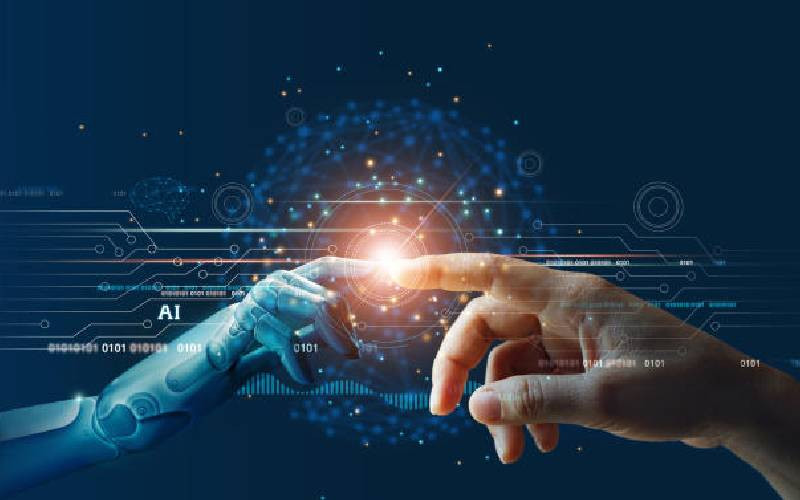
Every major technological revolution sets in motion a concurrent revolution in work. With the development of organised agriculture thousands of years ago, foragers settled on farms. During the Industrial Revolution, steam engines drove those farmers into factories. In the late 20th century, the arrival of the personal computer swapped machines for monitors, and lathes for laptops.
Now, with the appearance of the latest wave of generative artificial intelligence (AI), humanity is about to embark on an entirely new working order.